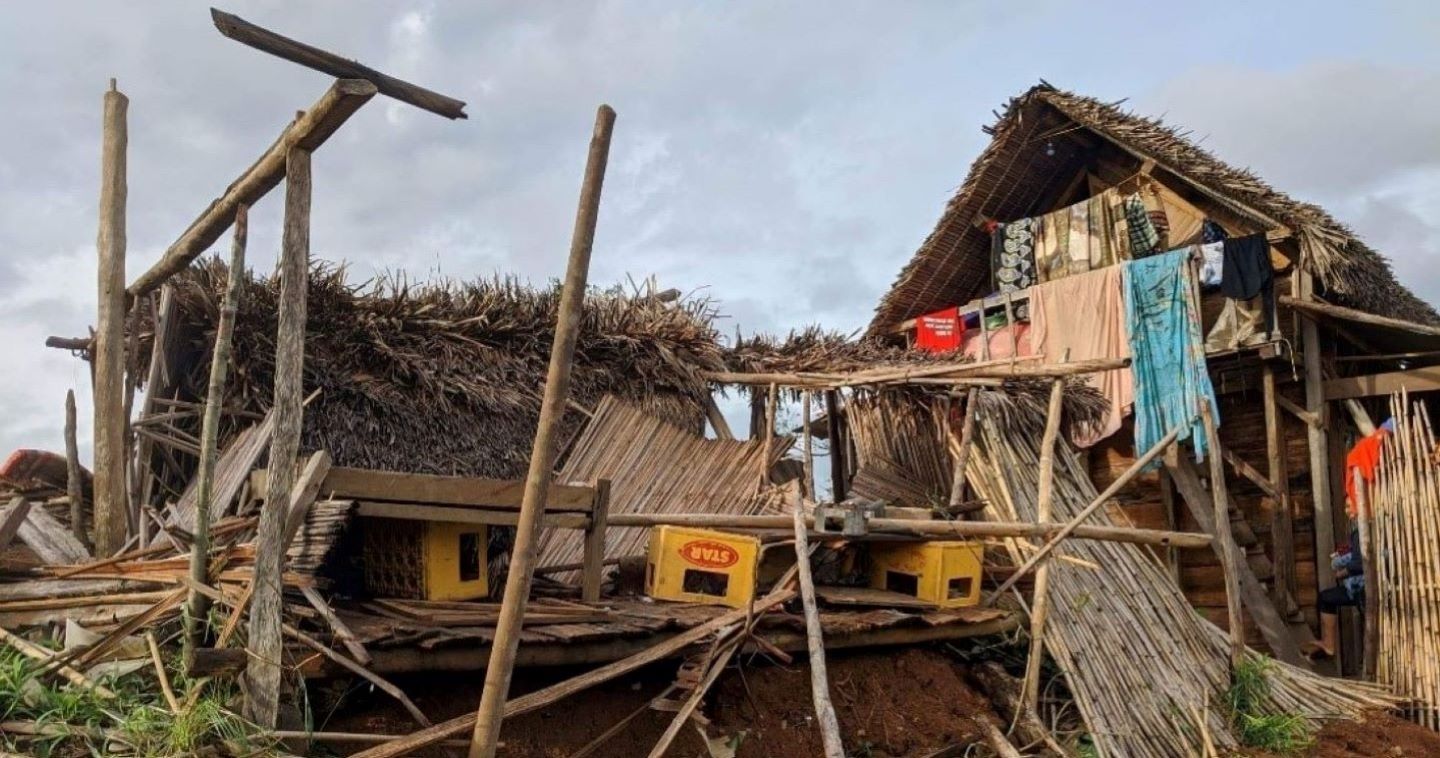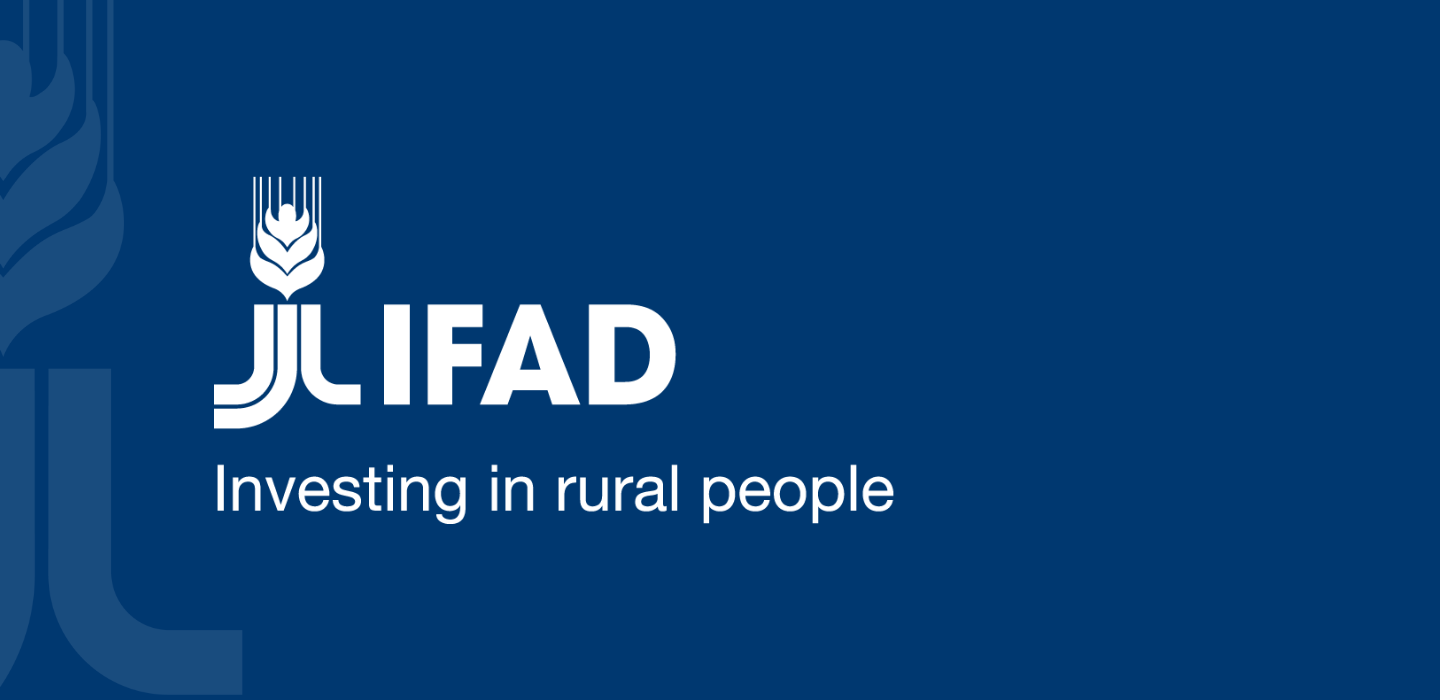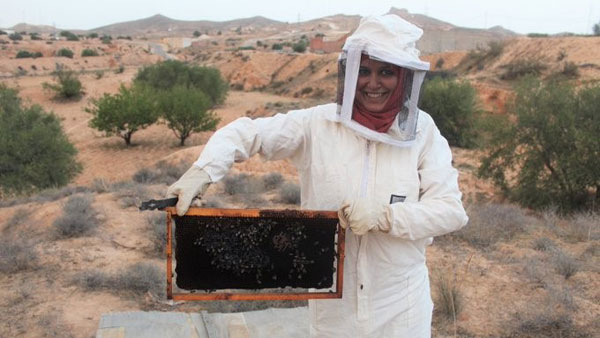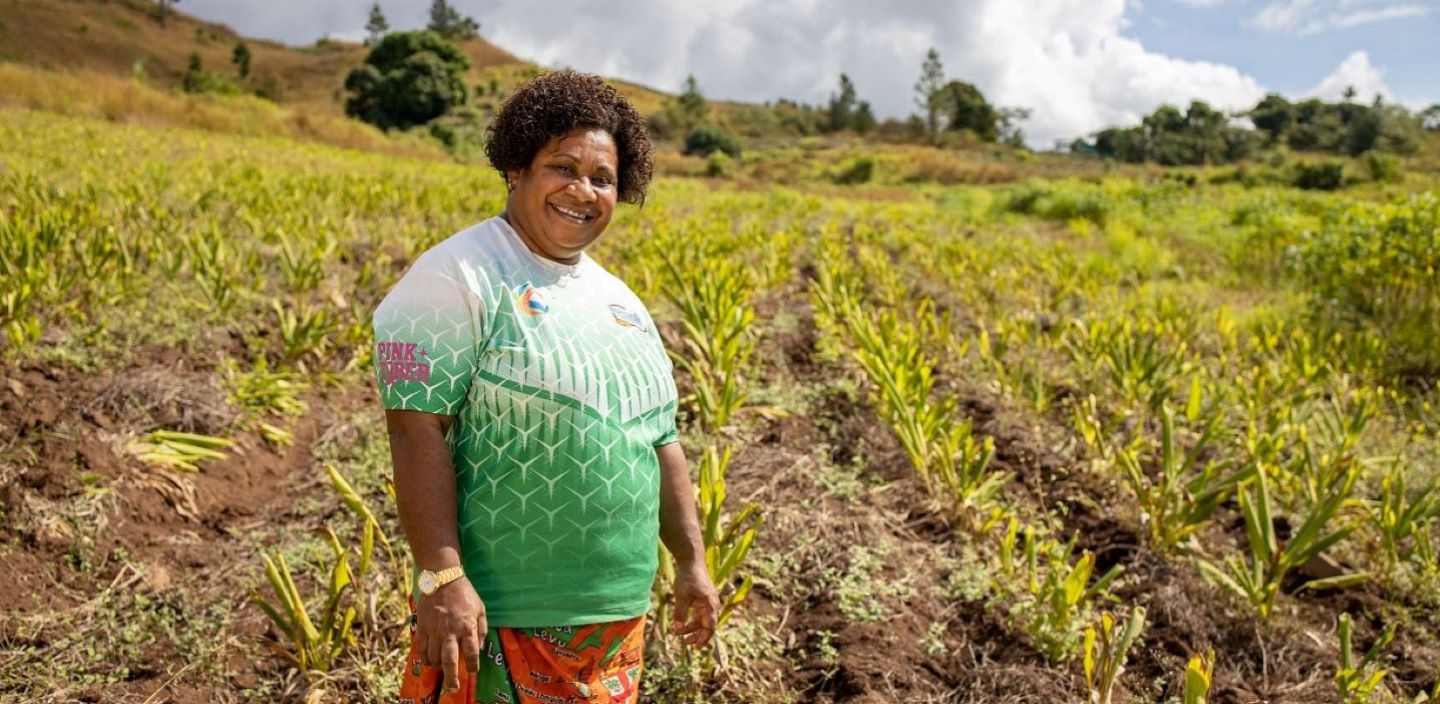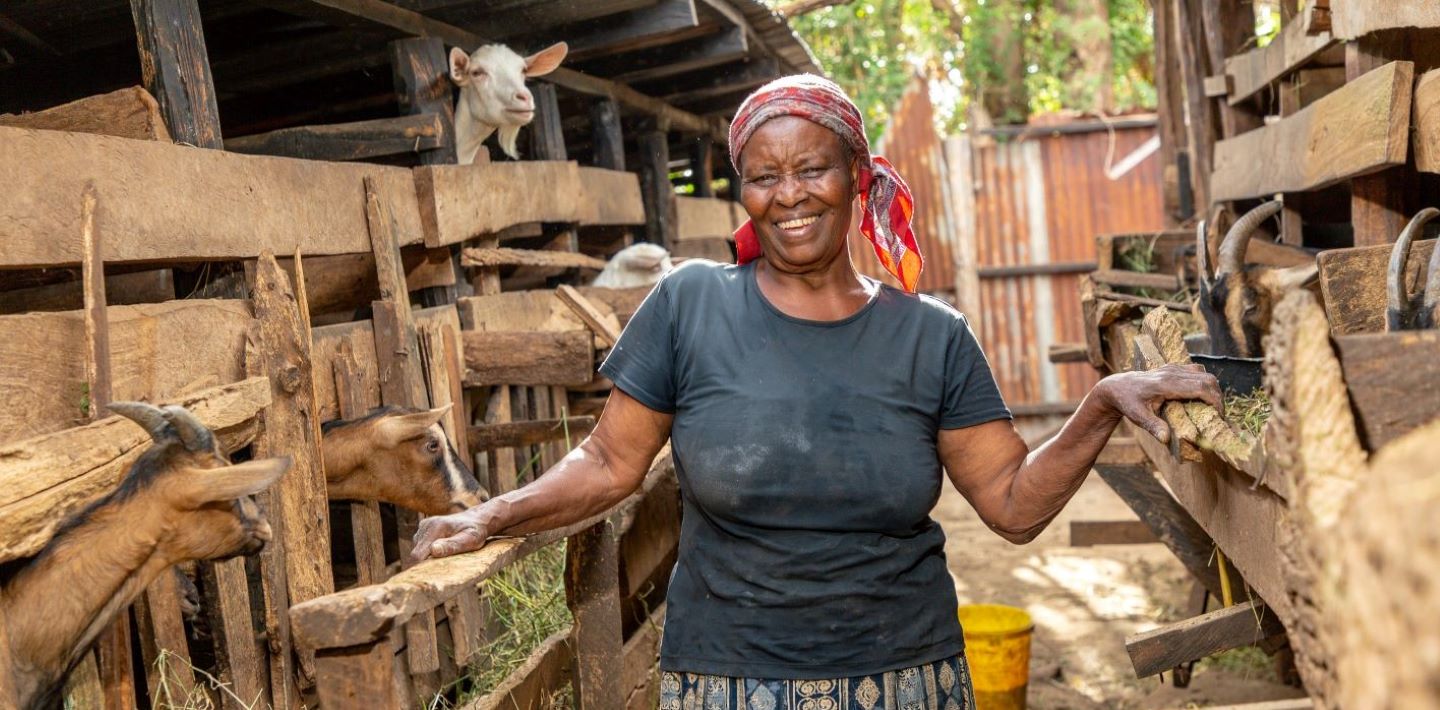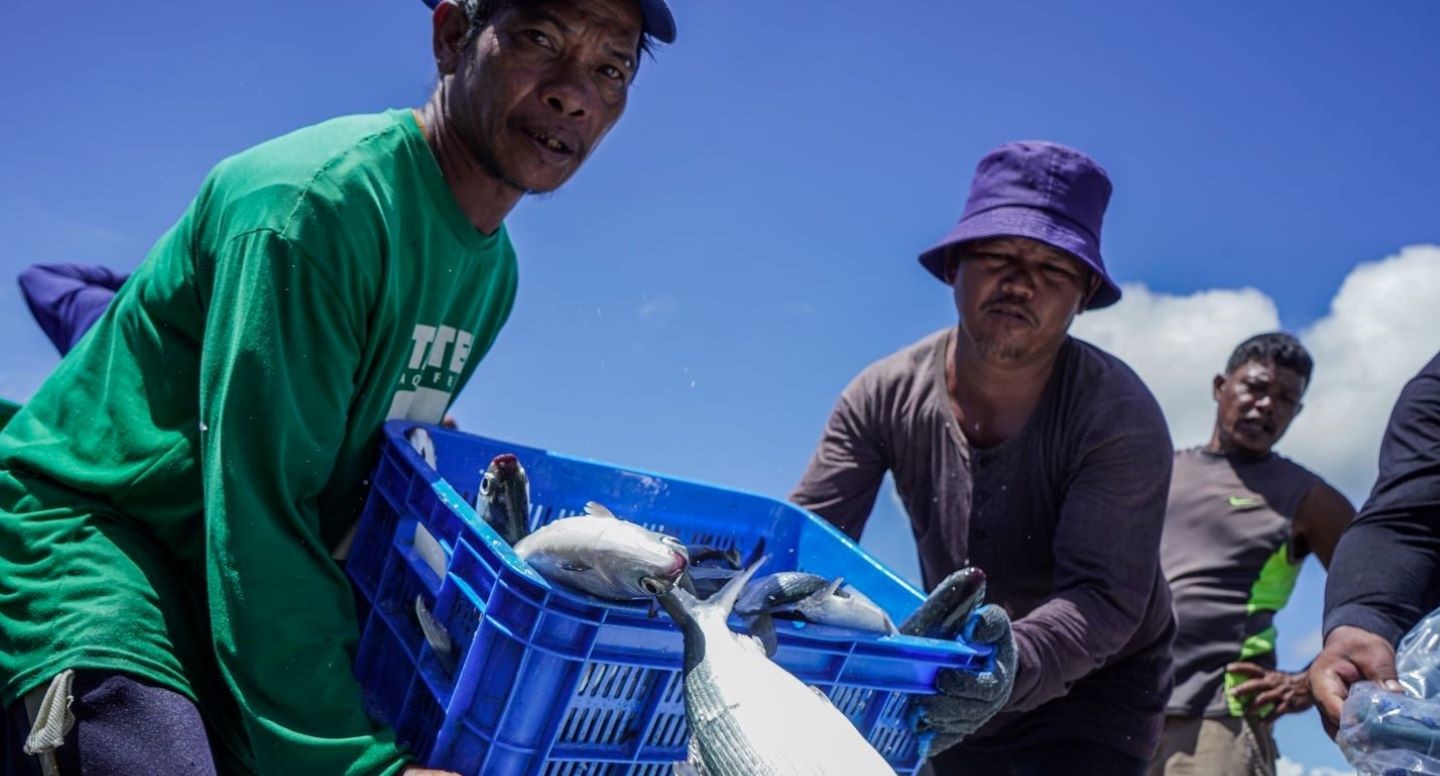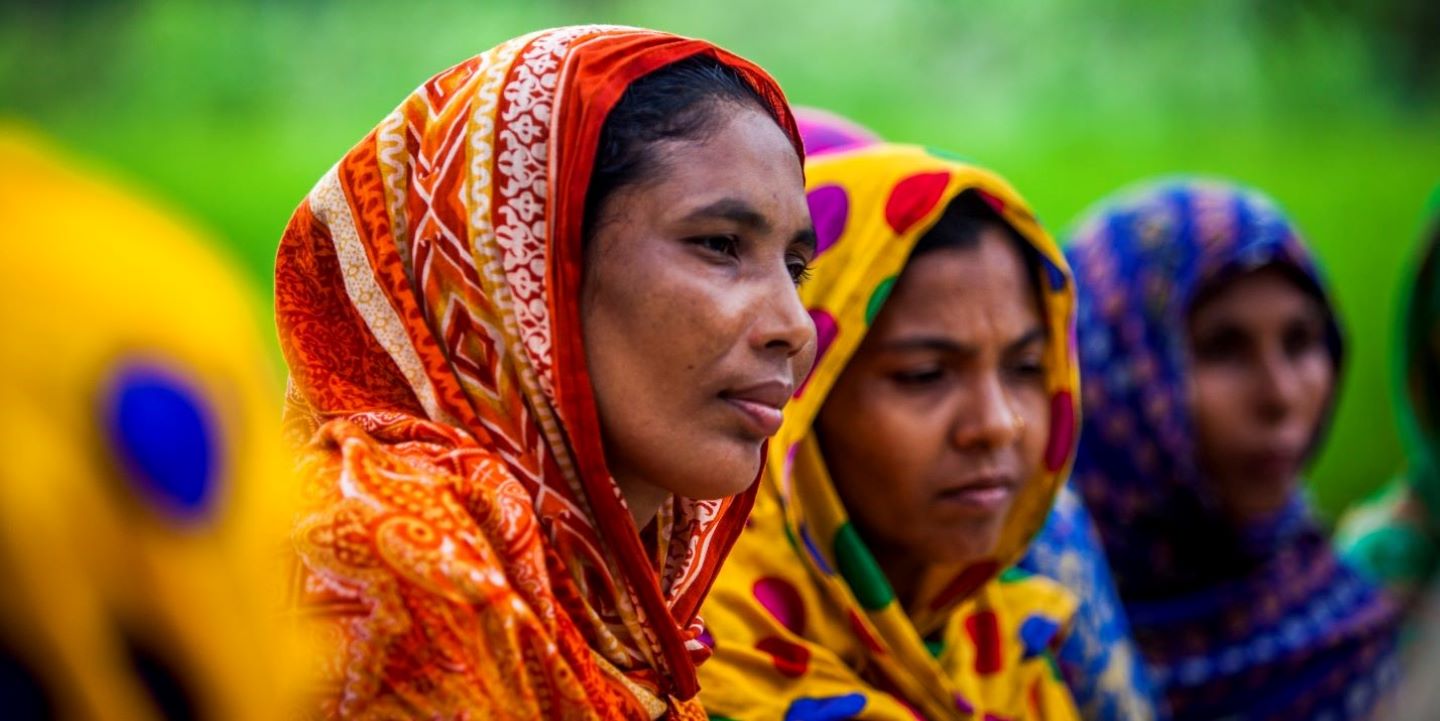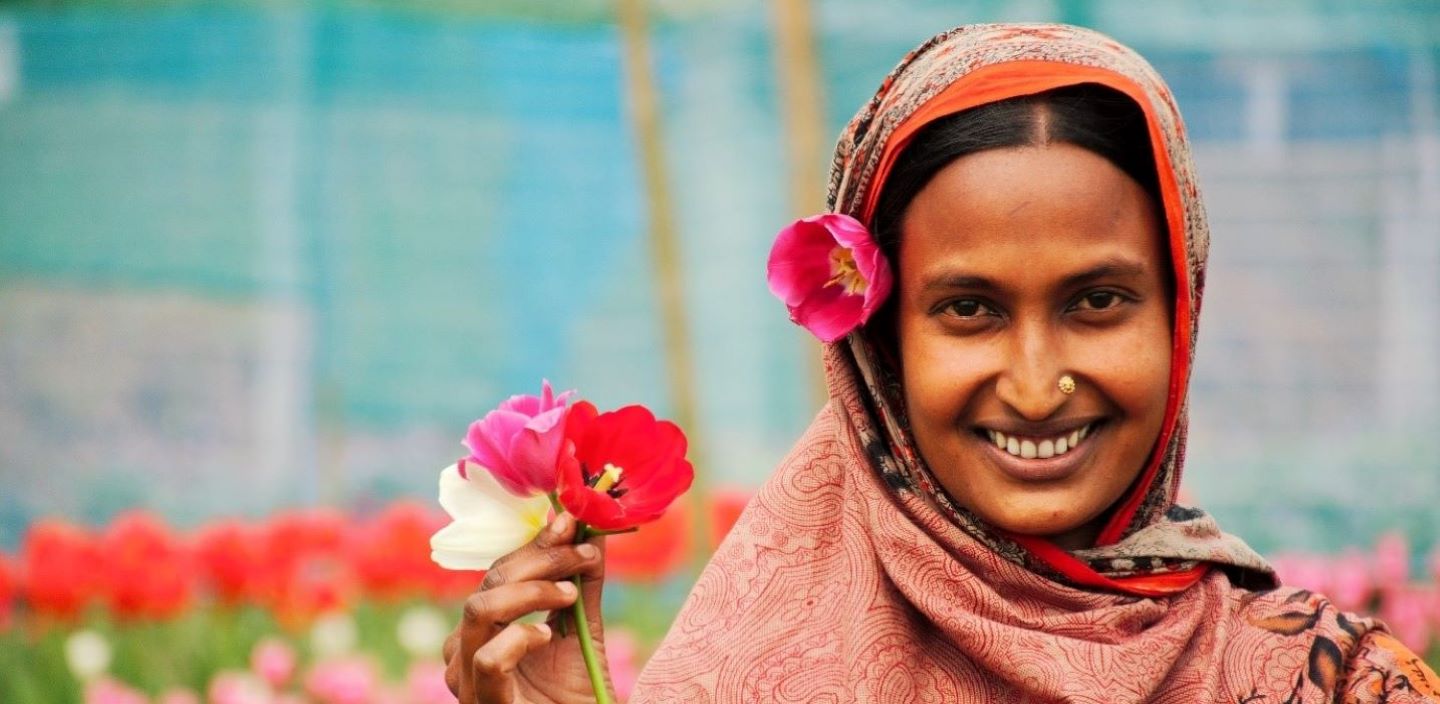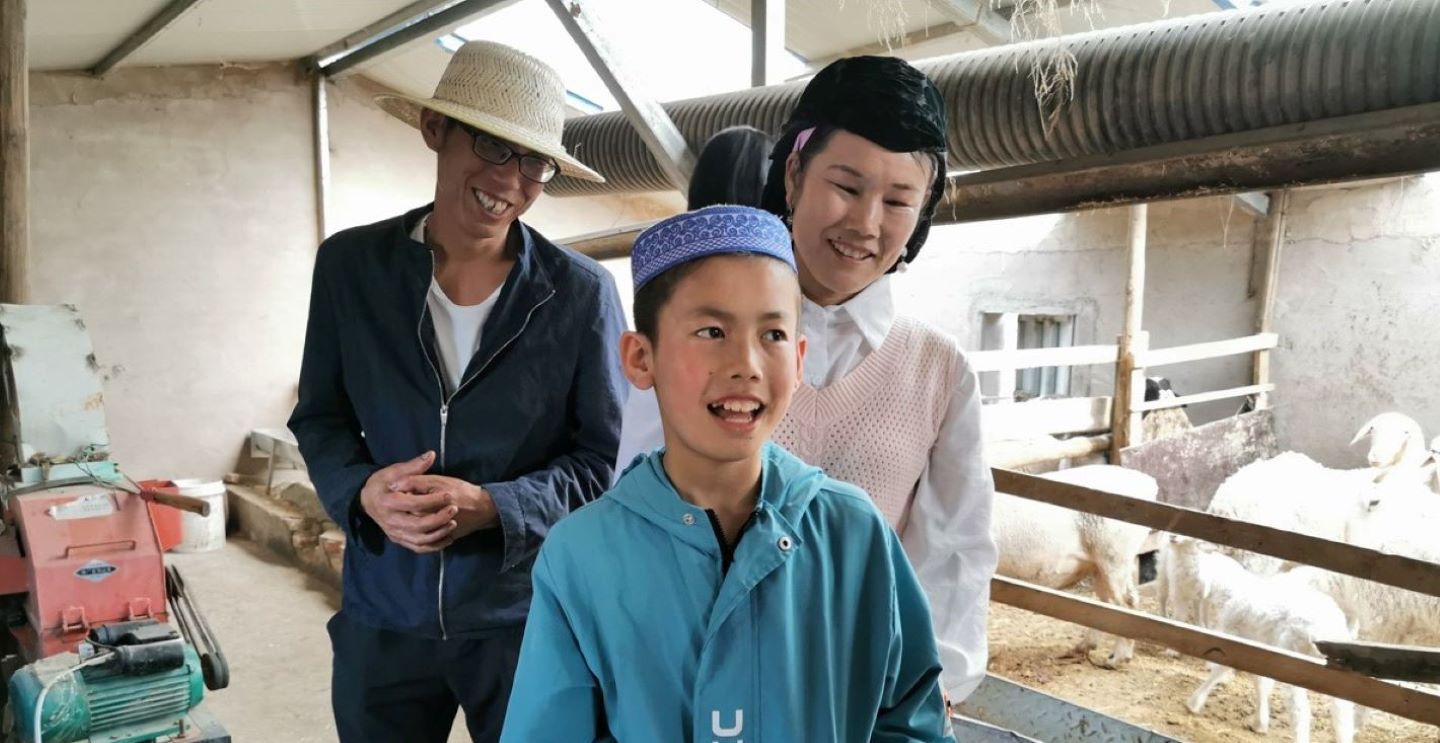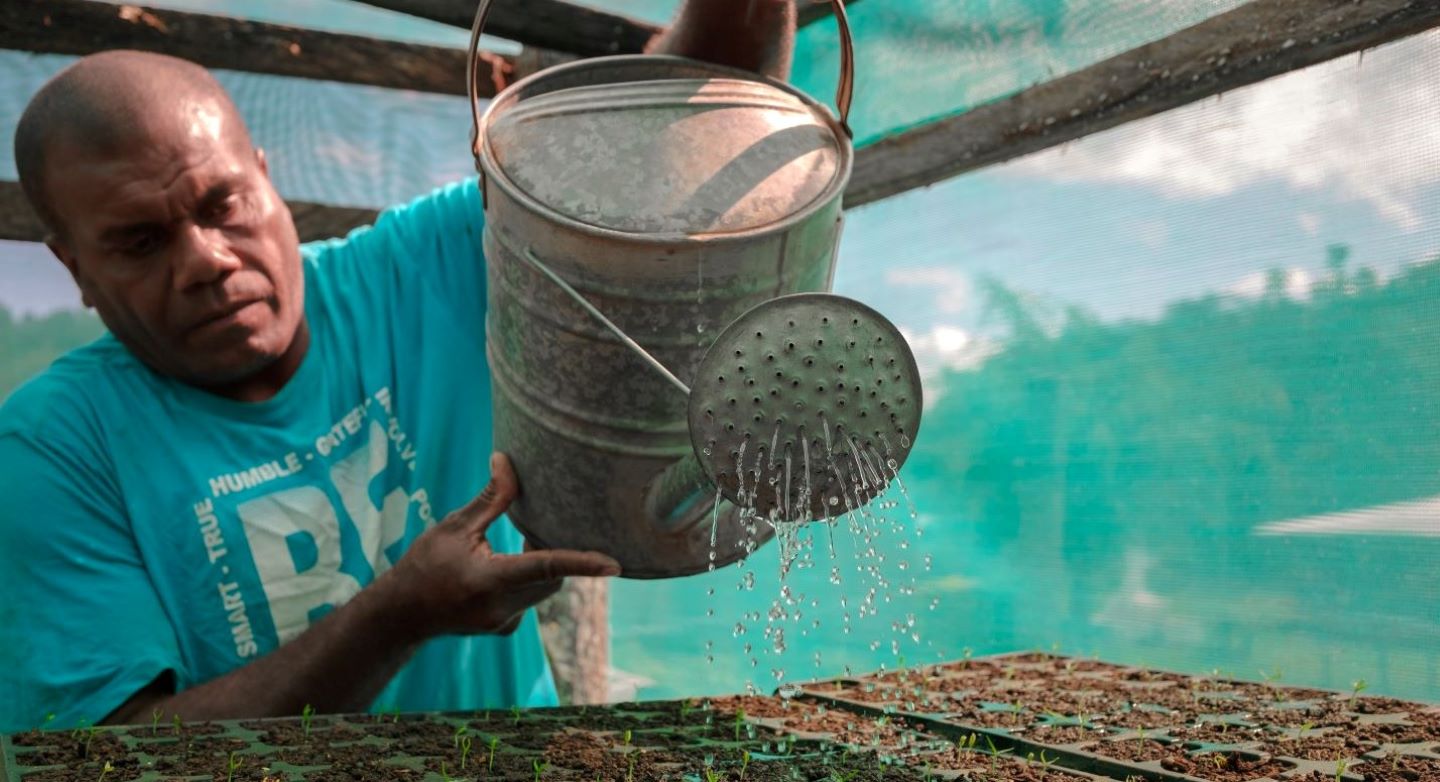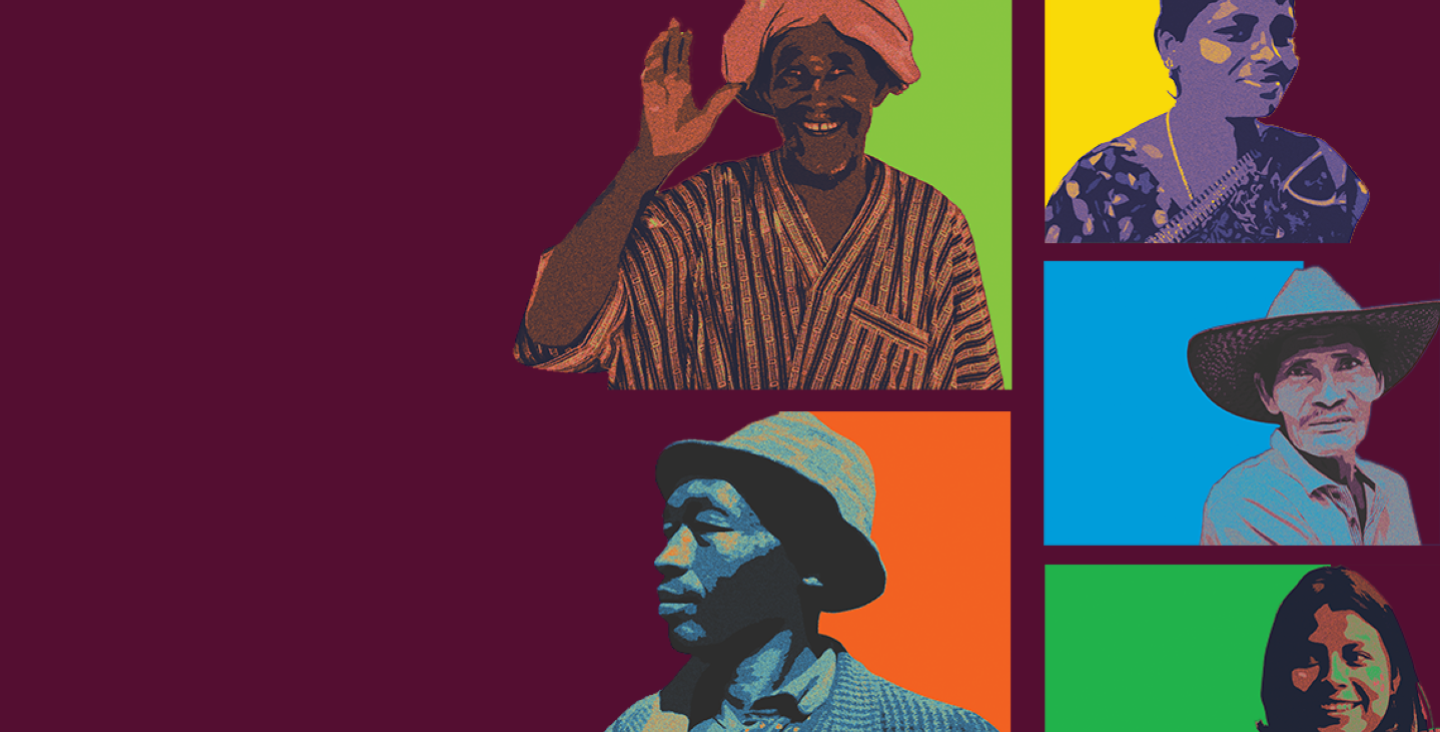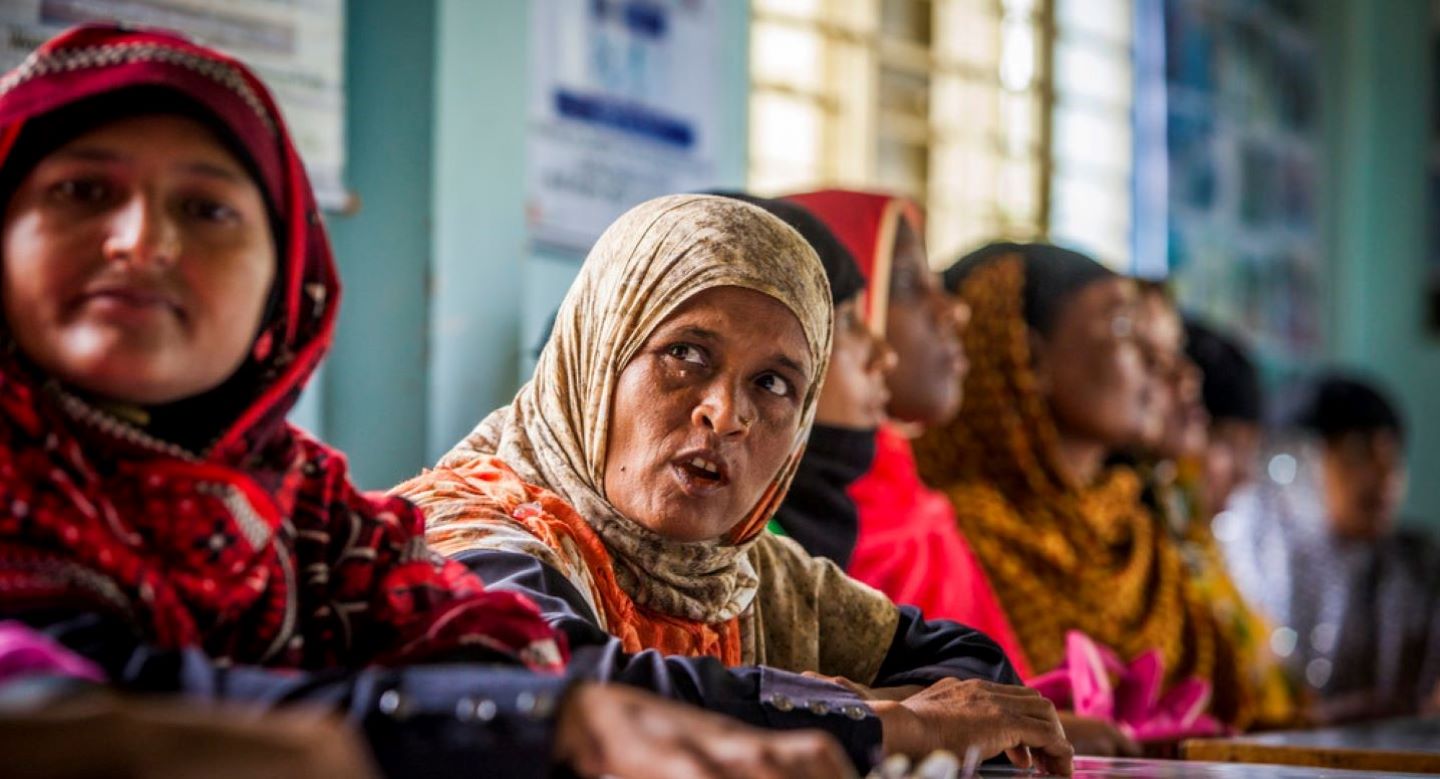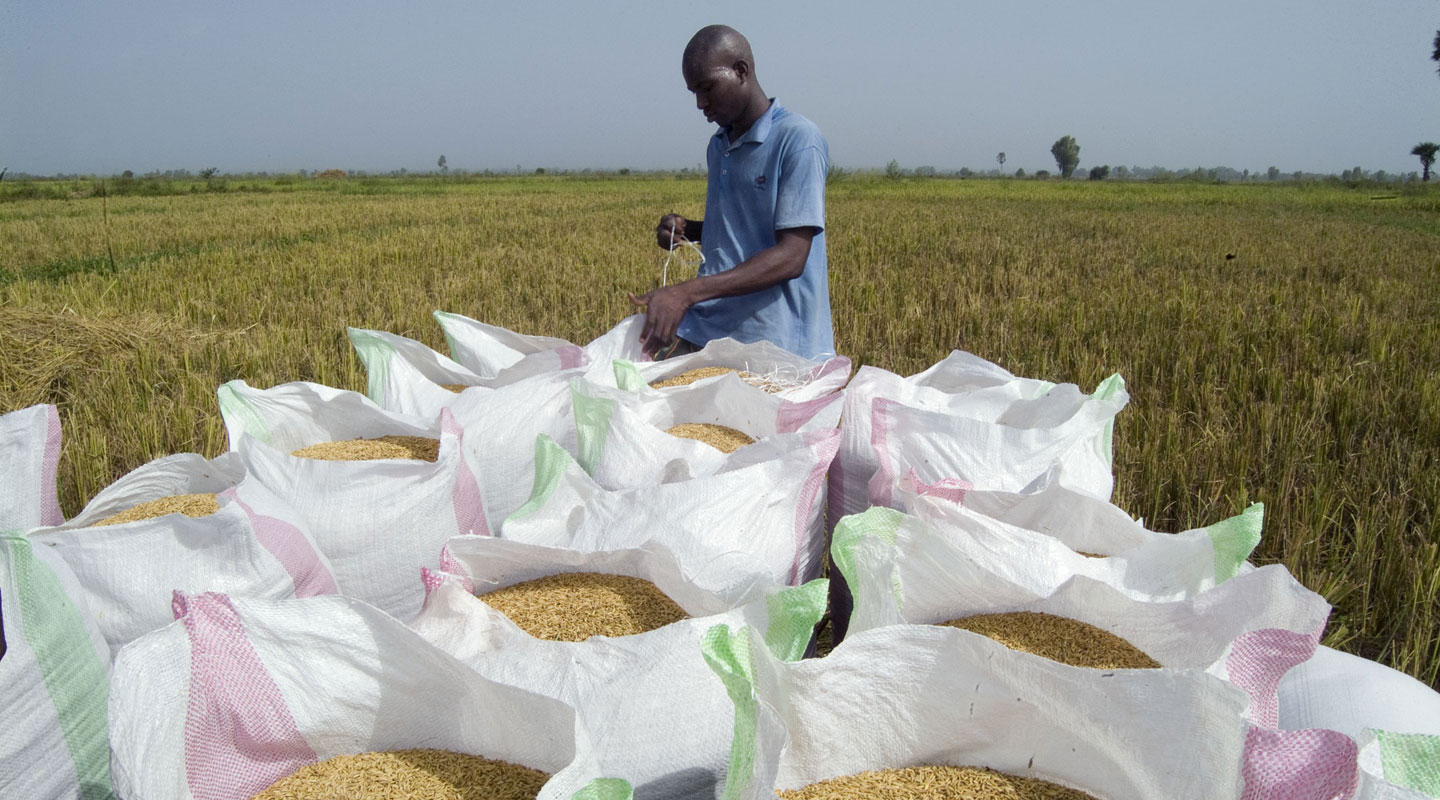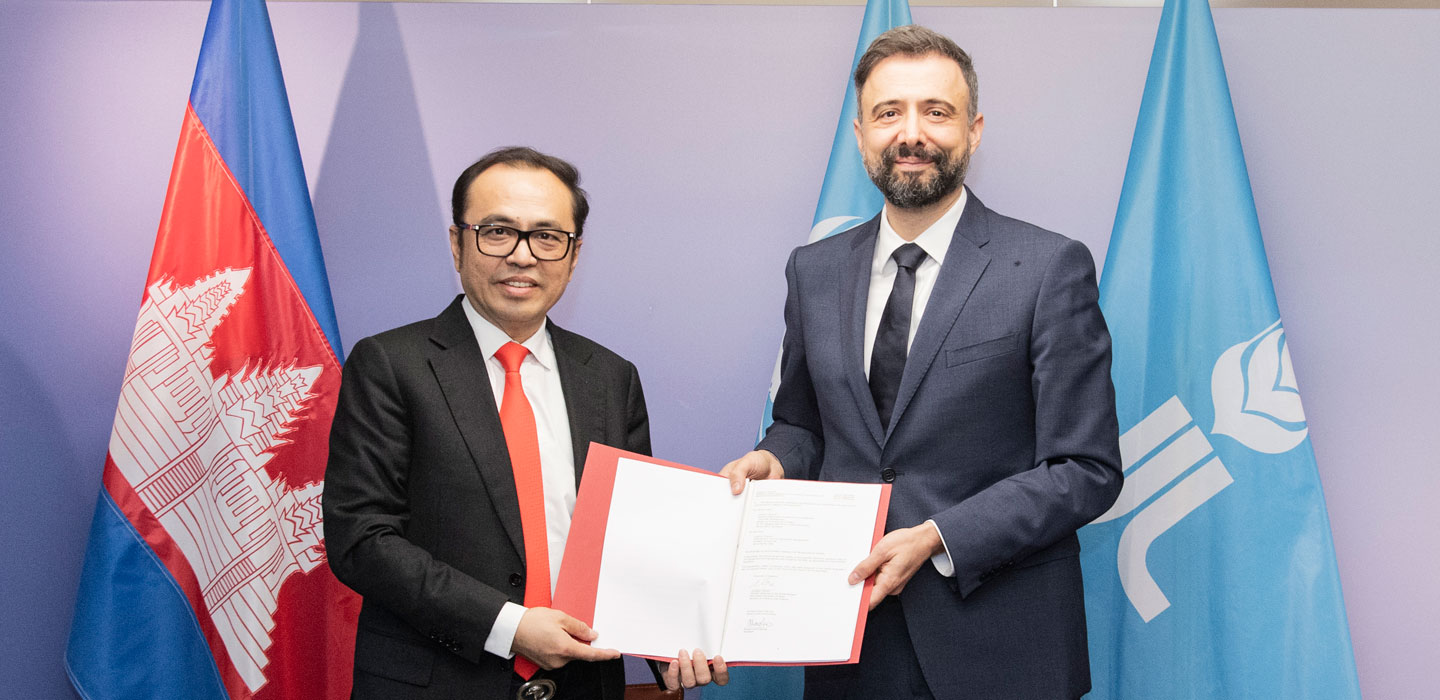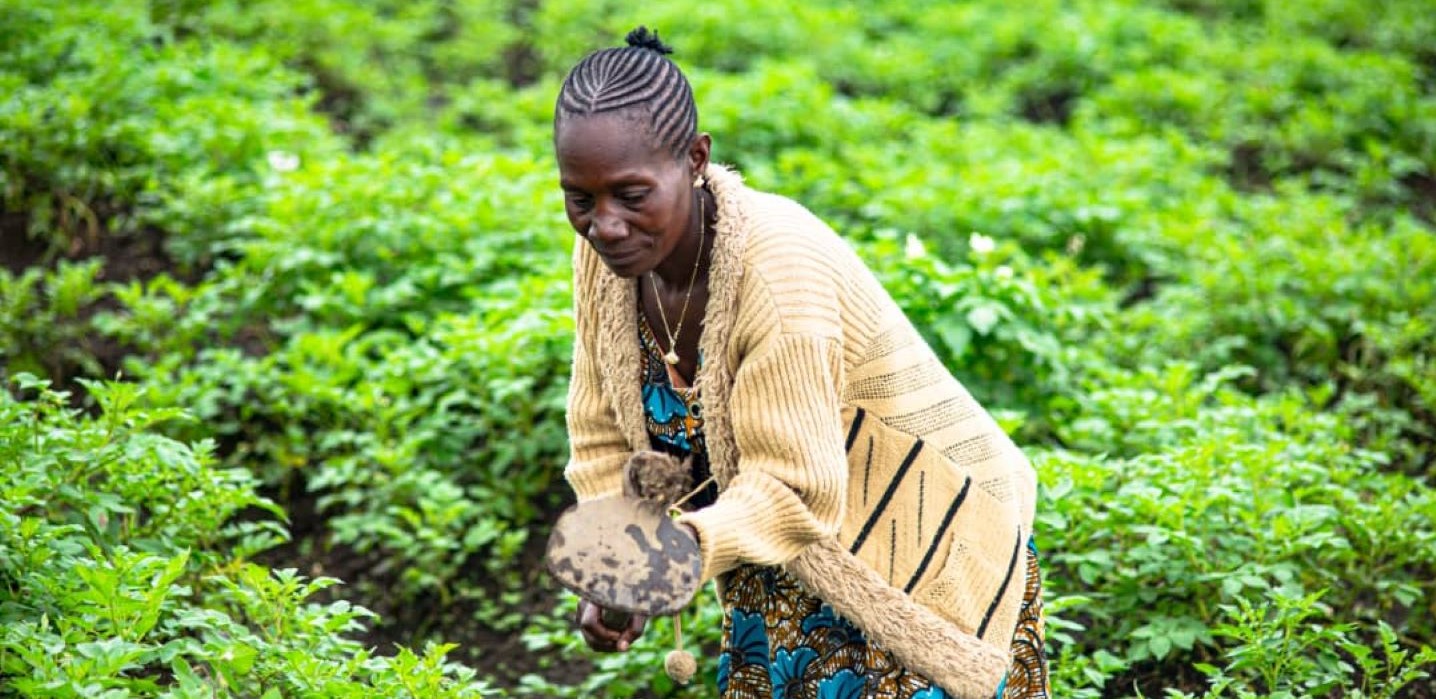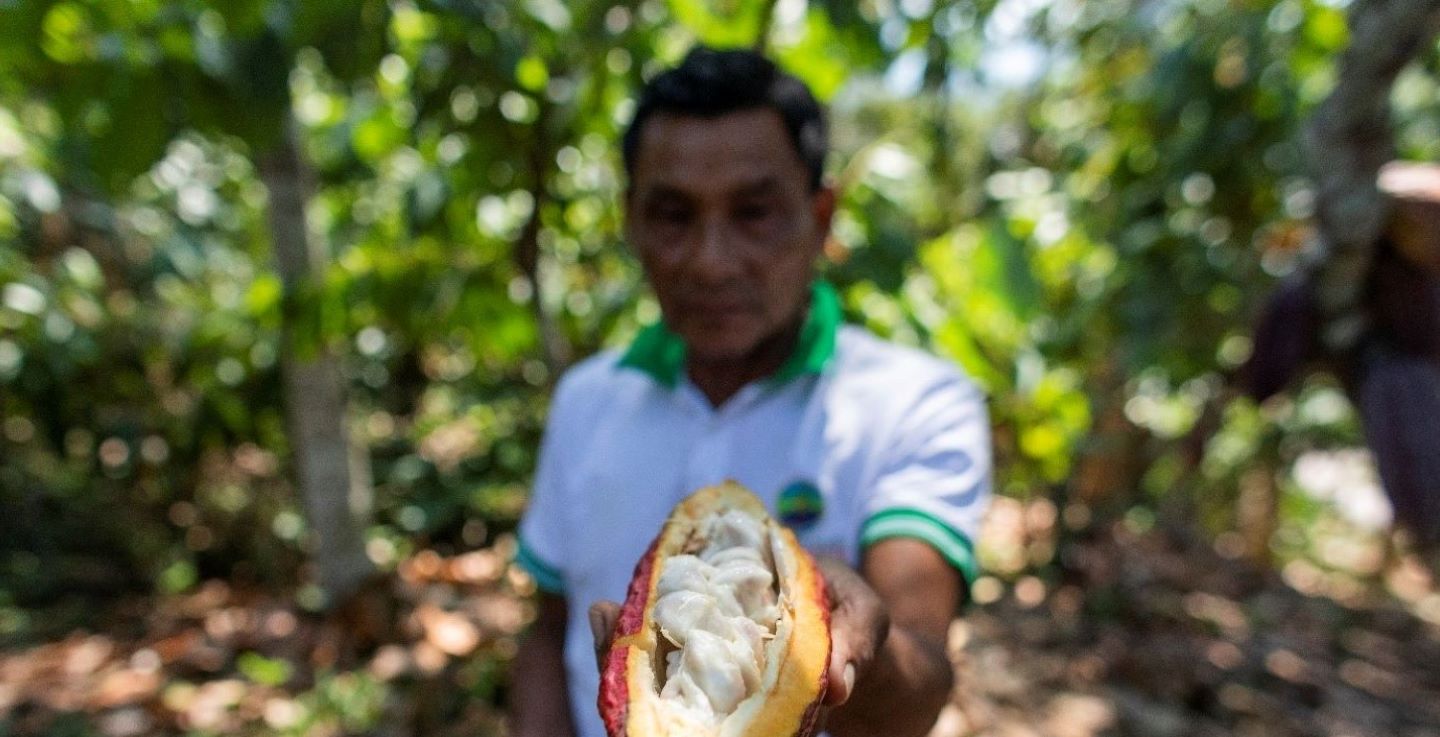Latest
Latest

Latest
Manual Submenu Topics
Search Results Filters
Search Results
As Cyclone Freddy breaks records, vulnerable rural people are in the eye of the storm
For over a month, Cyclone Freddy has been battering south-east Africa. This may be the longest-lasting tropical cyclone ever recorded—and vulnerable rural communities are in the eye of the storm. We explain what this means for IFAD’s project participants in the region.
UN Agency IFAD becomes a voting member of the ICMA principles, providing investors with another reason to bank on rural development
IFAD has become a voting member of the International Capital Markets Association (ICMA) principles.
Meet the young entrepreneurs fighting to preserve and restore our biodiversity
Young people the world over know that conserving our biodiversity is key to eradicating hunger and achieving a healthy and sustainable food system. Here’s how they’re fixing our broken planet.
‘Don’t give up on Niger’ - Ambassador Cindy Mccain, calls for increased donor support amidst growing food insecurity
Addressing a press briefing from Rome, Ambassador McCain said, “My appeal to the international community today is, do not give up on Niger. One thing is sure – when we come together as one world, we can save lives.”
Time to step up investments in rural communities on the frontline of climate change in the Pacific islands
IFAD is advocating for more investments in small-scale farming communities in the Pacific.
International Women’s Day 2023: Bridging the digital gender divide is essential for unleashing women’s potential in rural areas, say UN food and agriculture agencies
Inclusive access to digital technologies and education is crucial to reducing gender inequalities and empowering rural women and girls – that was the message from three United Nations’ food and agriculture agencies as they marked International Women’s Day 2023.
As the world moves to protect oceans, we must also protect small-scale fishers
As the world welcomes the historic UN agreement to legally protect high seas, we must also ensure that small-scale fishers continue to be protected.
A digital divide is holding rural women back. Here is what we can do to change this
Many rural women are excluded from digital services. What is causing the digital divide and what can we do to end it?
From tulips to tomatoes: Technology empowers women in Asia
In Pakistan and Bangladesh women are harnessing technology to connect to the world and build a business, one click at a time.
A new chapter in IFAD’s work with persons with disabilities
Meet IFAD’s new Disability Inclusion Champion as she works towards amplifying the voice and potential of persons with disabilities.
IFAD, the UN’s rural development agency, and India deepen shared commitment to build resilient rural livelihoods
As India takes over the G20 presidency, an IFAD delegation to India met key officials.
IFAD President in Germany stresses “importance to invest in building long-term resilience” in rural communities
During his first visit to Germany since taking office five months ago, IFAD President Alvaro Lario, commended Germany’s leadership throughout the recent global food, energy and climate crises.
What difference does rural investment make to the world’s poorest people?
As we begin our 13th replenishment, our Report on IFAD’s Development Effectiveness ensures we continue to efficiently invest in rural people, protect the planet and leave no one behind.
It’s time to step up.
In today’s multi-crisis context, one disaster quickly follows another. With crisis fatigue setting in, the time is now to invest in solutions with lasting impact, including food systems and small-scale farmers.
Bridging the digital gender gap – Episode 41
In the run-up to International Women’s Day, we explore the impact of the digital gender gap.
Turning over a new leaf. How rural people in Madagascar cope with the impact of climate change
Amina Sana had very little income and not enough to eat. But her life has been transformed after receiving livestock and training from the IFAD-supported FORMAPROD project
38 665 000 EUR du FIDA pour soutenir l’insertion économique et professionnelle des jeunes ruraux maliens
Le FIDA et le gouvernement malien ont procédé, hier, à la signature d’un accord de prêt d’un montant de 38 665 000 Euro qui financera la création de richesses et la réduction de la pauvreté pour les jeunes ruraux du Mali.
IFAD and Kingdom of Cambodia sign agreement to promote inclusive and sustainable agricultural growth
IFAD and the Kingdom of Cambodia signed a US $194 million financing agreement to promote inclusive and sustainable agricultural growth in rural Cambodia through the Agriculture Services Programme for an Inclusive Rural Economy and Agricultural Trade (ASPIRE-AT) project this week. ASPIRE-AT will create an enabling environment to address the barriers faced by small-scale farmers in increasing their productivity and incomes, particularly through priority export and domestic value chains.
New IFAD-funded project in DRC to feed cities, develop rural areas and promote food sovereignty
IFAD, represented by its President Alvaro Lario, and the Government of the Democratic Republic of the Congo (DRC), together with the DRC’s Permanent Representative to IFAD, Ambassador Paul Emile Tshinga Ahuka, today signed a loan agreement to reduce poverty and ensure food sovereignty in rural areas.
From coca leaves to cocoa beans: How farmers in the Peruvian Amazon are innovating using digital tools
In Peru, IFAD-funded project helps small-scale farmers connect to new markets and access technical assistance online.
